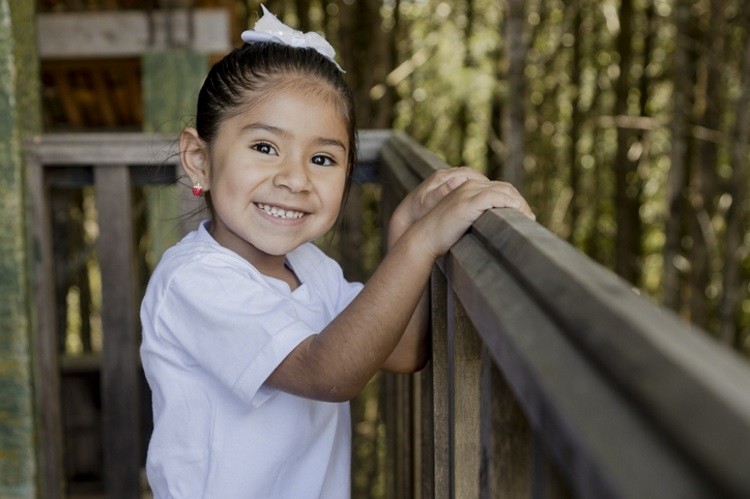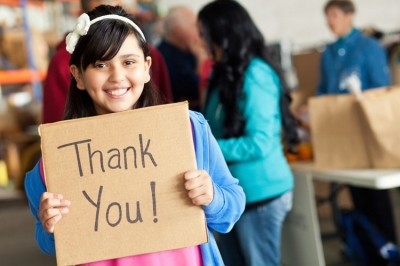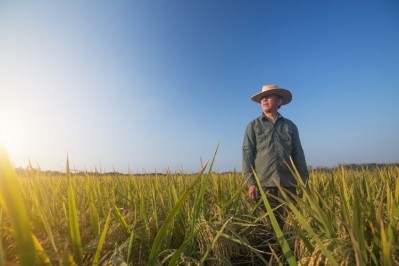Kellogg serves up over 123,000 bowls of cereal to help Guatemalan children struggling with hunger

According to the breakfast cereal giant, 75% of the children who participated in its 6-month Better Days to Grow Together programme showed an improvement in weight and growth.
The social and educational programme was created to help girls and boys and their families in Guatemala build new habits and improve their quality of life. It falls under the umbrella of the company’s wider Better Days platform – aimed to impact three billion people by the end of 2030 through feeding programmes.
To ‘become inspiring agents of change’
The local campaign comprised four action pillars to promote food security and wellbeing; to build long-term habits; and to provide a daily breakfast of cereal, milk and fruit; and to build long-term habits.
Participants were educated on cooking and eating as a family, with emphasis on making better use of the food they have access to. They were also trained in gardening skills and encouraged to create community and family gardens to harvest their own food. The programme went a step further by promoting physical activity through recreational and community activities.
But most importantly, it was about fun. Each time a child and their family accomplish a goal, they collect a badge that can be displayed on a special Better Days to Grow Together shirt.
“We want families to recognise their abilities to obtain healthy and affordable food through fun and educational activities,” says Nicolas Amaya, president of Kellogg Latin America.
“We anticipate that many of the families we’re helping will share the lessons they learned with their community and become inspiring agents of change.”
Under the programme, Kellogg donated more than 123,000 servings of cereal and brought 75,000 breakfasts to the tables of participants. This was achieved with the help of eight local Guatemalan partners, including the Ministry of Food and Nutrition Security of the Presidency of the Guatemalan Republic (SESAN), Walmart Central America, the Association for the Prevention and Study of HIV/AIDS, Zamorano University and several food banks.
‘The social impact we are leaving behind’
Consumers and employees also jumped on board through volunteering activities and shopper activations in Walmart.
Impact on the ground
- 6,500 impacted beneficiaries
- 25 communities
- 18.85 tons of total donated food
- 350 educational sessions
- 700 workshop hours
- 160 hours of physical activity
- 65 community and family gardens
- Severity of chronic malnutrition was reduced by 10%.
Daniel Nazario, GM of Kellogg Caricam (Central America and the Caribbean), has shared his account.
“In October [2021], I had the opportunity to visit the Nueva Concepcion community in Acatenango. Girls and boys, wearing Kellogg t-shirts, peeked out at us upon our arrival. Surrounded by coffee plantations, local families waited to show us their family gardens. Although the living conditions of these families are difficult, we witnessed their ability and creativity to face adversity. As they showed off their achievements from the programme, their pride was evident!
“In November, I was able to return to the community, this time accompanied by some of the strategic allies that were part of this effort.
“During this visit, we found functional and well-cared family orchards. We heard testimonies from women who told us how their sons and daughters notably improved their nutritional health.
“While proud of the number of people we reached through this programme – 500 girls and boys from 285 families, 6,500 people in both communities – I’m most proud of the social impact we are leaving behind. I have no doubt that the skills these families learned will help create better days for everyone in their communities for years to come.”







